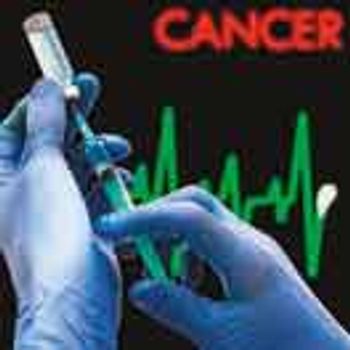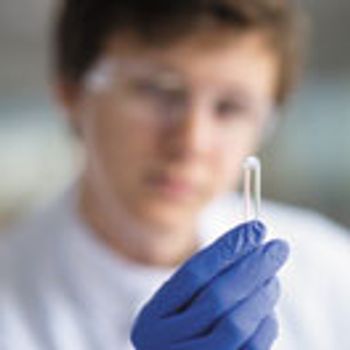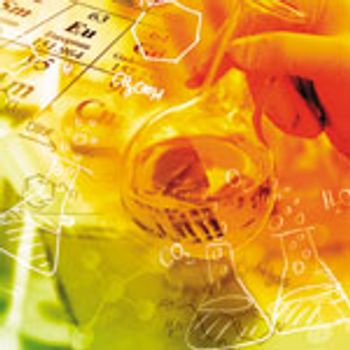
The agency has approved a biologic-based new molecular entity for treating hemophilia A and has expanded the indication for a leukemia drug to now treat a common form of non-Hodgkin lymphoma.

The agency has approved a biologic-based new molecular entity for treating hemophilia A and has expanded the indication for a leukemia drug to now treat a common form of non-Hodgkin lymphoma.

MasterControl has added three new cloud-based analytical solutions to its MasterControl Version 11.7 software for clinical managers and regulatory/submissions professionals.

As part of the deal, J&J’s Janssen will pay an upfront payment of $50 million to research, develop, and commercialize up to six bispecific antibodies.

The company’s new modules offer scalable single-pass diafiltration and were exclusively showcased during its Leadership Forum series in Westborough, MA.

The use of therapeutic vaccines presents a new way to manage diseases, such as cancer and sexually transmitted diseases.

Company completes first successful run of what is believed to be the largest synthesis-scale done for oligonucleotide APIs.

The companies have established a joint laboratory to develop full continuous processing to manufacture high yields of monoclonal antibodies at reduced costs.

The EMA’s Committee for Medicinal Products for Human Use has recommended marketing authorization approval for AstraZeneca’s benralizumab, a monoclonal antibody for treating severe asthma.

The company expects to commercially launch the new vaccine in the US in the first quarter of 2018.

CDMO Celonic acquired a biomanufacturing facility in Heidelberg, Germany from Glycotope.

The companies will collaborate to develop and manufacture Grid’s lead therapeutic candidate for the treatment of solid tumors.

Industry experts were honored for business, scientific, and social contributions.

In Part I of this article series, the regression control chart method for identifying out-of-trend data in pharmaceutical stability studies is investigated, and an improved approach is suggested.

Inadequate endotoxin testing places patients at risk. Knowing the relative strengths and weaknesses of available test methods is crucial to maintaining quality and safety.

Forced degradation tests, conducted in early development stages, can provide insight into degradation pathways and products of a drug substance.

Join experts from SGS and Thermo Fisher Scientific to hear how to improve workflows for confident extractable and leachable studies. Live: North America: Tuesday, Oct. 31, 2017 | 11am EDT | 10am CDT / Europe: Tuesday, 7 Nov., 2017 | 9am GMT | 10am CET / On Demand available after airing until 7 Nov., 2018. Register free: http://www.pharmtech.com/pt_w/analytical

AbbVie will pay a $205-million upfront payment and have the option to develop and commercialize two antibody targets globally.

The new BioLive event, which will be a global hub for biopharmaceutical manufacturing, will launch alongside CPhI Worldwide 2018 in Madrid.

ABEC, an equipment and engineering company, will provide a custom-made, single-use bioreactor to custom manufacturing firm, Emergent, for its Maryland manufacturing facility.

The biopharmaceutical company has received a $4.2-million grant from the Bill & Melinda Gates Foundation to invest in the development of new treatments for Enterotoxigenic Escherichia coli infections, a bacterial cause of diarrhea in the developing world.

The $72-million investment, part of a larger $850-million investment into its US operations, will allow the drugmaker to replace an outdated insulin vial-filling line and to upgrade technology at its Indianapolis manufacturing plant.

This approval marks the second gene therapy to be approved by FDA and the first to be approved for certain types of non-Hodgkin lymphoma.

The companies aim to use CureVac’s proprietary messenger RNA technology to develop and commercialize up to five potential cancer vaccine products.

The new center will serve as a regional hub where scientists and engineers can work with customers for biological development.

Stelara (ustekinumab), already approved for treating adults, is now also approved for treating adolescents with moderate to severe plaque psoriasis.